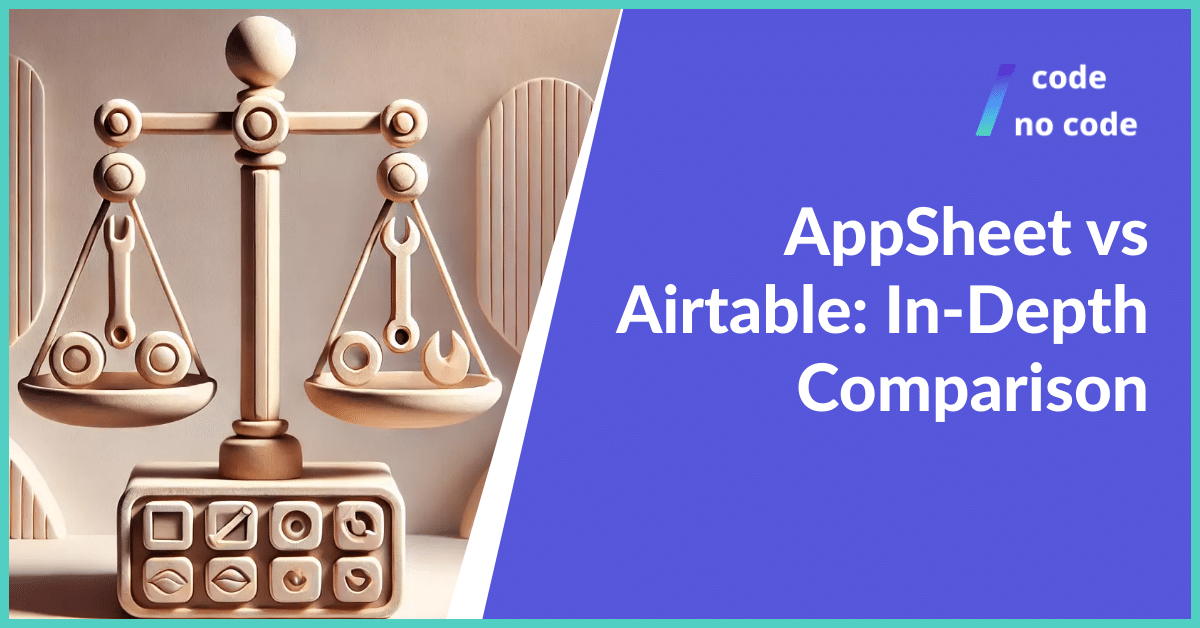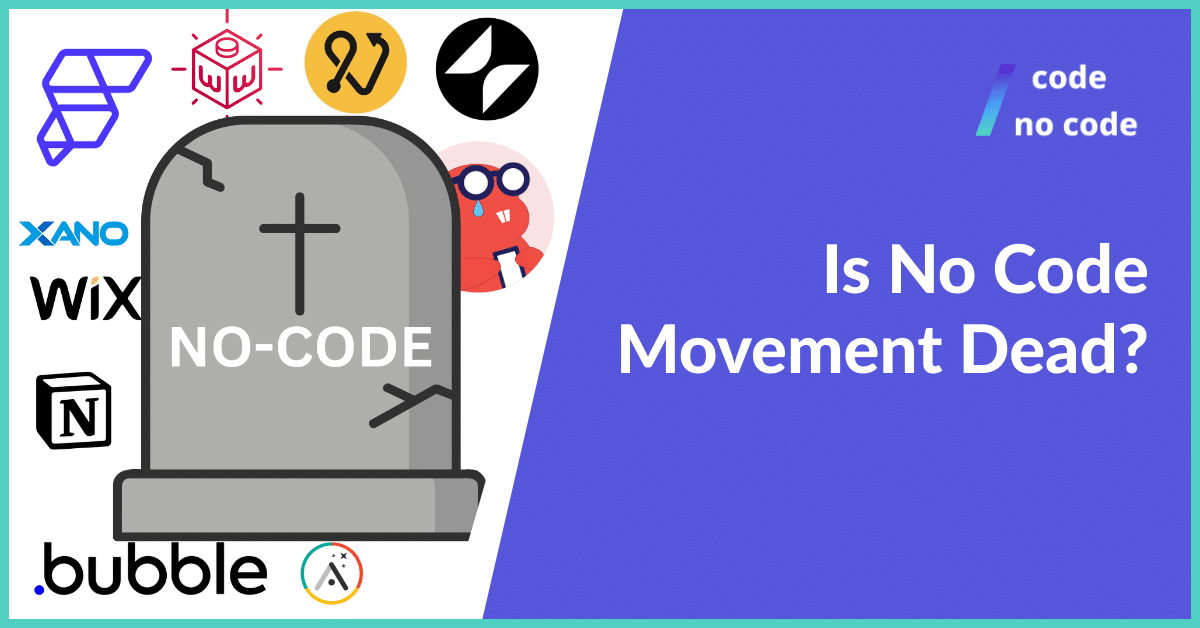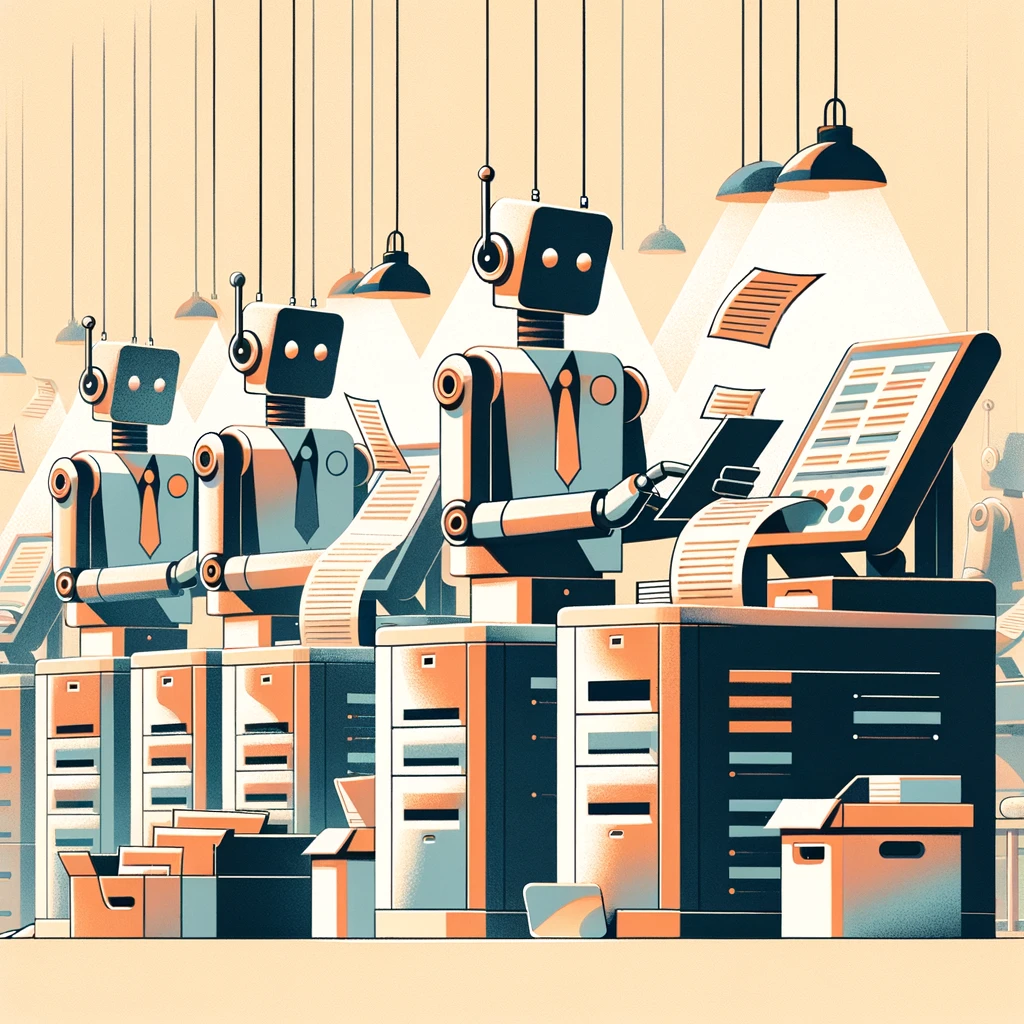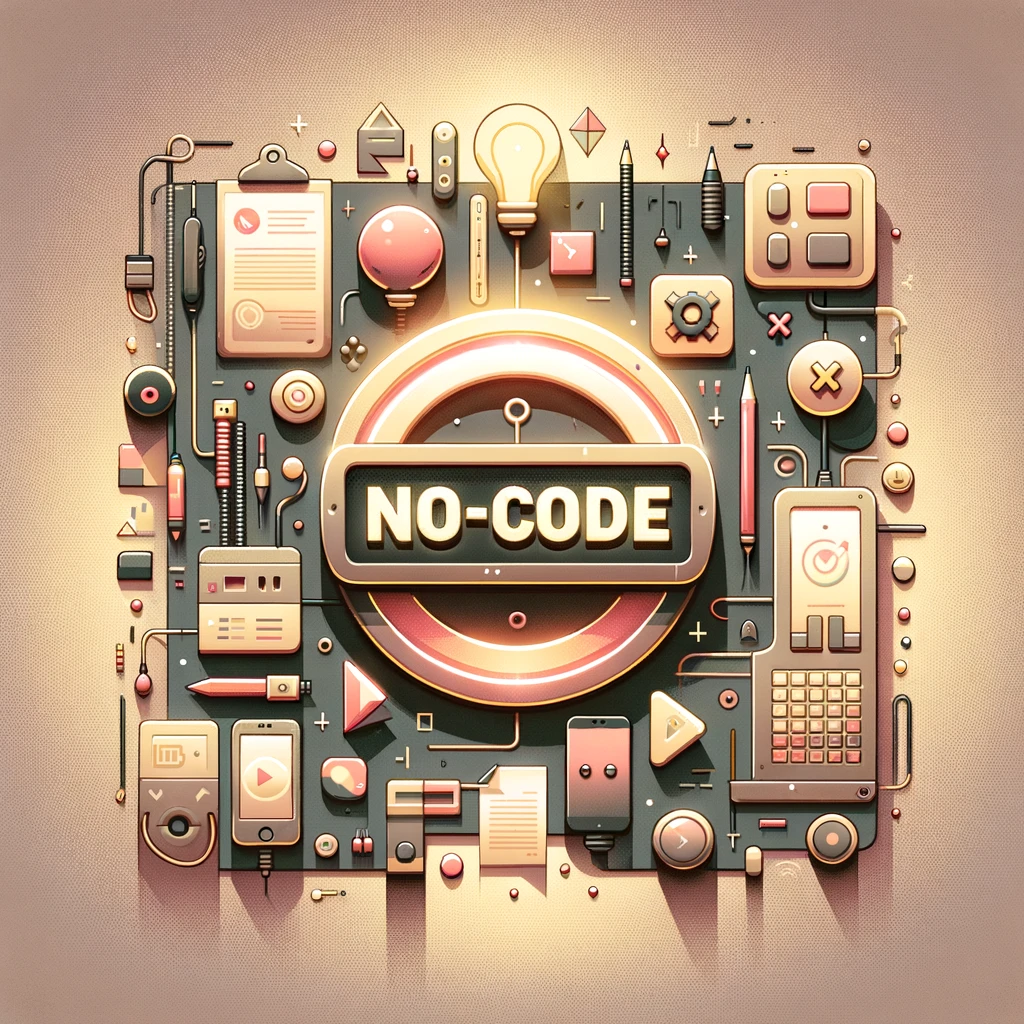
AppSheet vs Airtable: In-Depth Comparison
If you’re deciding between AppSheet and Airtable, knowing their differences is important. Both tools are designed to build apps and manage data without coding. This guide will...
The No Code movement was at its peak about 3 years ago. Everyone said it was the future of software development. Is it still the case or will it become a thing of the past?

The No Code movement is about making software development accessible to everyone, regardless of coding experience. Individuals without programming skills can now build apps and websites, thanks to No Code platforms, and massively reducing the time it takes to build custom software for individuals and companies.
It focuses on platforms and tools like Bubble that allow you to build apps and websites without writing a single line of code.
This movement was a big thing a few years ago, but it feels like no one is talking about it anymore.

Pros
Cons

Well, nothing happened to no code and no code platforms themselves, they are still going strong and there is some older research that shows they will continue to grow in the future.
What has happened is artificial intelligence and large language models. With the amount of AI tools and every company trying to implement it AI has overshadowed the no code movement.

The last few years have been the biggest years for AI and LLMS. ChatGPT is currently at the top of all of them and is not looking to go anywhere.
If you just go online for a few minutes every day for the next week, you will see that almost every day there are news about new artificial developments or new AI tools. All the biggest companies are either implementing AI or trying to build their own custom AI software.
So it is not a surprise that the no code movement has been overshadowed by the AI industry. It is one of the biggest industries right now. The market size is expected to grow at a CAGR of 28.46%, resulting in a market volume of $826.70 billion by 2030. Globally, the United States will have the largest market size ($50.16 billion in 2024).
Since the market is so huge and does not want to stop, a lot of AI tools have been created like Builder AI or Umso that can create a web app or a mobile app in just a few seconds. Of course, these tools have very limited customization, but today AI is much more appealing to people than no code because it sounds faster and better.

People have seen AI do interesting things. Why do I need web or software developers when tools can do it for me?
This is a digital transformation. It has affected many people’s jobs and industries. Especially recently, people are trying to automate much of their work. About 10 or 15 years back, automation for office work, like accounting, was very expensive. Only the largest companies could afford it.
Now we see tools like Zapier and Make that can automate workflows in minutes. And, that is just the tip of the iceberg.
95% of IT and engineering leaders say their organizations are prioritizing workflow automation and you can expect other professions to make a similar shift soon.

No, it’s not and will be alive for a long time. It’s unlikely to completely replace traditional coding or AI tools, but it will be a valuable option for many projects.
Here’s why the no-code movement is likely here to stay:
For all the no code enthusiasts, you have to face the fact that the no code movement is not going to be the next big thing. Many people compare the recent developments in AI to the Industrial Revolution and how it drastically improved productivity.

But rest assured, no code will still be a big part of many people’s lives. In my opinion, most of the people who will take advantage of no code will be no code companies that provide custom software for companies or other people.
People will still be looking for ways to speed things up, and no code is just one of those things that can bring ideas to life much faster than traditional programming.